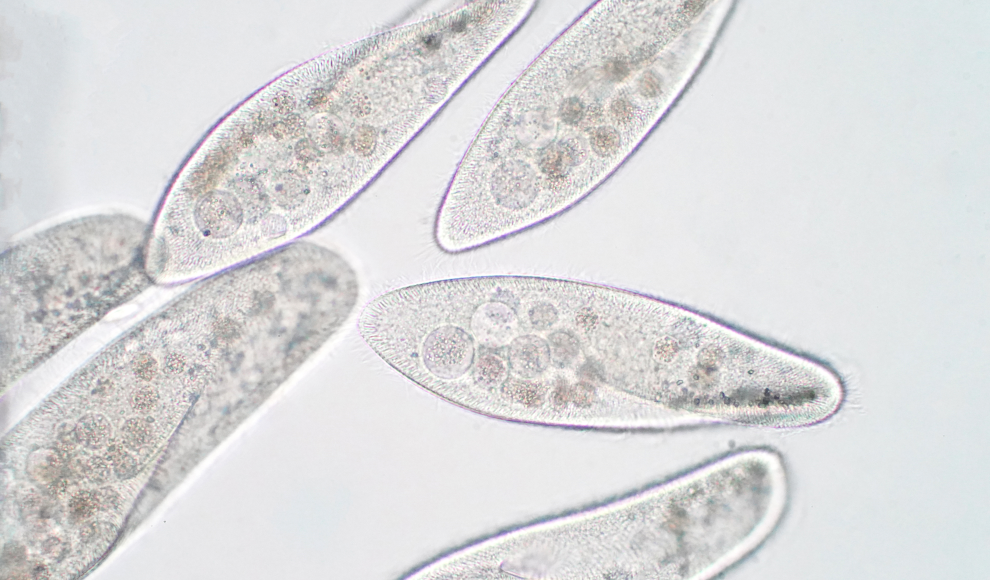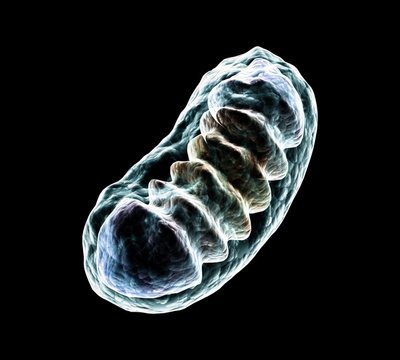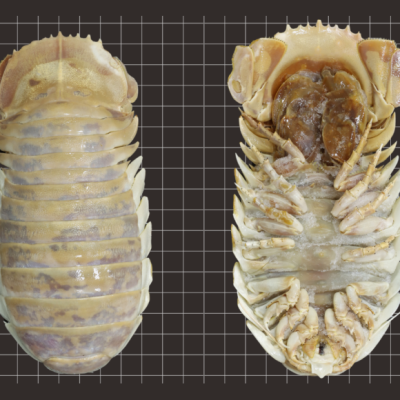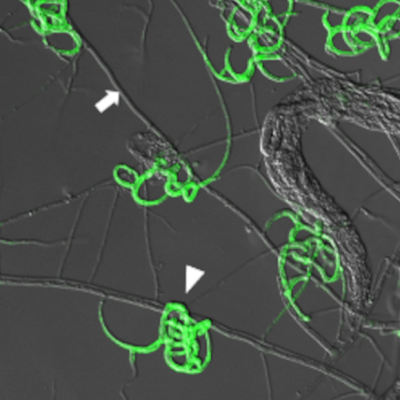In a groundbreaking discovery, researchers have found that some single-celled organisms use viruses as their primary source of food, a phenomenon known as virovory. While viruses are typically seen as predators that parasitize and kill other organisms, this new finding suggests that they may also be a crucial component of food chains on Earth. The study, conducted by scientists at the University of Nebraska-Lincoln, builds on previous research by the Bigelow Laboratory for Ocean Sciences, which discovered a single-celled organism that feeds on viruses.
The researchers found that certain ciliates, a type of single-celled organism that belongs to the group of protozoa known as ciliophora, use viruses as their main source of nutrition. Specifically, they observed virovory in Halteria sp. and Paramecium bursaria, two types of ciliates that live in water. The scientists cultivated these organisms in the lab and fed them water containing chloroviruses, which are commonly found in aquatic environments and infect green algae. They found that when the ciliates consumed enough viruses, their populations grew and the number of viruses in the water decreased.
The study has important implications for our understanding of food chains and ecosystems. If viruses are a significant source of nutrition for some organisms, they may play a crucial role in the global carbon cycle and the formation of biomass. However, this trophic connection between viruses and their consumers has been largely overlooked in previous models of aquatic food webs. Further research is needed to understand the impact of virovory on virus populations and evolution, as well as its role in shaping ecosystems.










